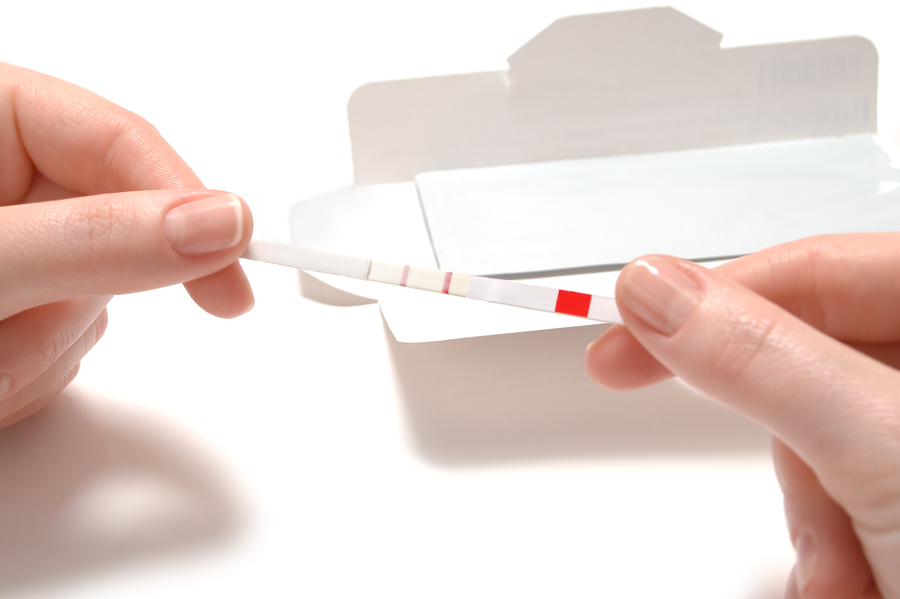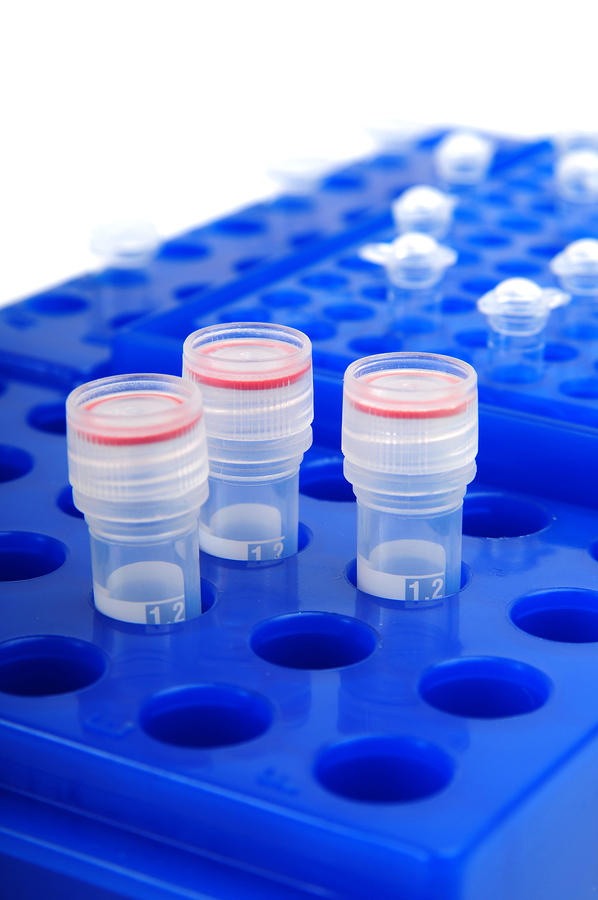IUI with Donor Sperm
Inter Uterine Insemination (IUI) is used by many single women, lesbian couples and heterosexual couples as a way to try to become pregnant.
This form of artificial insemination is often used when there is no identified infertility reason why the woman can become pregnant.
IUI is commonly used during a natural cycle i.e. without the use of fertility drugs but it can also be used with drugs such as Clomid which boost follicle production.
IUI bypasses vaginal insemination and places the semen directly into the uterus where the aim is for a single sperm to penetrate the awaiting egg.
Take me to:
What is IUI?
IUI is an assisted reproductive technique which places sperm directly into the uterus with the help of a very thin catheter. This procedure ensures that sperm are available to access a woman’s egg during ovulation. IUI was formerly known as artificial insemination although many people get confused with artificial insemination and home insemination.
Home insemination involves using a syringe to place sperm into the vagina whereas article insemination must be carried out by a trained medical professional due to the procedures involved. Visit our home insemination section for more information on this topic.
Within fertility clinics artificial insemination can occur in four different forms: intravaginal insemination, intracervical insemination, intratubal inseminations for the uterus and fallopian tubes. Intra uterine insemination is now considered a separate technique from artificial insemination.
IUI is the most commonly used method and intra tubal insemination is rarely used due to the invasive procedure involved.
What does the IUI procedure involve?
IUI is performed in a fertility clinic by threading a very thin catheter through the cervix using a speculum to open the cervix. Washed sperm is then injected directly into the uterus. The whole process usually takes no than 10 minutes and levels of discomfort are relatively low.
It is advised for you to have the procedure with a relatively full bladder so empty your bladder about an hour before your procedure is due and then drink water steadily to fill your bladder. You will be asked to wear a hospital hat and gown and your partner will be able to accompany you during the procedure – again he or she will have to wear an attractive hospital hat and gown.
.jpg)
When should I have IUI?
As part of the IUI procedure you will have an internal ultrasound scanon day 2 or 3 of your period and then a scan on day 10. The purpose of these scans is for your medical team to check the development of your follicles and measure the follicles and their location. The procedure is not painful and can last from 5-10 minutes. If you are taking fertility drugs such as Clomid which boost the number of follicles produced you may be asked to go in for a day 13 or 14 scan to check you haven’t over-produced eggs.

Depending on the length of your cycle and how the medial staff feel your follicles are developing you will be asked to perform an ovulation test by placing an ovulation test stick into a urine sample. You will be asked to do this each day with the first urine sample of the day until you get a positive result. The ovulation stick will indicate when you get your LH (Luteinizing Hormone) surge. This is a surge in hormone that happens prior to ovulation. As soon as you get the positive surge you will be asked to phone up the clinic to book in for your IUI usually the next day or same day.
Should I get up straight away after IUI?
There is no evidence to suggest getting up straight away after the procedure has any more positive effect to lying still for 20 minutes. This will be a personal choice for you. As your bladder will be full for the procedure you may be desperate to pass water. This is fine to do straight after your IUI.
What should I do after the IUI?
From the moment you have your IUI you should treat it that you are pregnant avoiding foods such as pate and soft cheese. Apart from that you can carry on as normal.
Is IUI painful?
IUI feels very similar to having a cervical smear- the only element where there is a small amount of discomfort is during the opening of the speculum. You may experience some cramping when the catheter is inserted through the cervix. The medical staff will be very good at ensuring you are comfortable and if your partner is with you he or she can distract you. The whole process can last anything from 5 minutes upwards so you don’t have too long to experience any discomfort.

How and when is the sperm collected for IUI?
If you are heterosexual couple your clinic will give you a time on the day of your procedure to collect a sperm sample in order for it to be washed and prepared for the insemination
If you are a single woman or lesbian couple you will have purchased donor sperm from a sperm bank or used a known donor’s sperm which will also have to have been frozen and tested over a six month period.
The donor sperm will then be thawed and prepared for insemination on the day of your procedure. The medical team carrying out your IUI will liaise with the embryologists who prepare the sperm sample.

What are the success rates of IUI?
Check with your individual clinic for their up-to-date success rates as success rates can be very low for this procedure. Success rate are commonly between 5-10% however they can rise to 26%. Success depends on whether you have produced one follicle or several with the help of a fertility drug and also an important factor is sperm count so if you are purchasing donor sperm it is well worth paying extra for samples with higher sperm volume.
How many IUI's should I have before trying IVF?
IUI is an expensive procedure at over $1000/£700 each time (that is without buying your sperm if you are purchasing it from a sperm bank and paying for shipment) however IVF can cost double this amount so it may be worth trying IUI if you do not have any recognized fertility issues and the sperm you are using is of good quality. Most people will try 3-4 cycles using fertility drug such as Clomid and if this fails you may want to consider IVF.
.jpg)
Can I do IUI at home?
You should never do IUI at home because the sperm needs to be washed (separated from the semen) to prevent infection as it is being placed directly into the uterus. Vaginal insemination is safe to do at home using a sterile syringe with the sperm sample in a sterile cup
For a safe home insemination procedure take a look at our home insemination guide.

What does 'washed sperm' mean?
Washing or spinning the sperm is a laboratory technique for separating sperm from semen and separating non-motile sperm from motile sperm.
The ejaculate is mixed with a washing medium followed by centrifugation (spun at high speed). The sperm rich fraction left at the end of this spinning process is mixed with more washing medium and the process repeated 2-3 times until only the highest quality sperm remain. This is then placed into a test tube ready for insemination.

What is DIUI?
This is the common term for donor intra uterine insemination i.e. if you are using donor sperm (sperm bought from a sperm bank or deposited from a known donor).

Related Articles:
Home Insemination
IVF
Natural Insemination